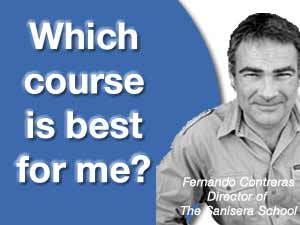Useful Information
Directed at
The study of burial practice using an architectural space such as the crypt, under a church, with burial forms in the form of niches, allows the archaeologist, and the student of this course, to know ancient customs and mortuary practices of the temples Catholics from southern Spain between the 16th and 18th centuries.
It is a very unique collection since it is made up of a set of bones very determined by the stage of childhood maturity, and in which pathologies can be recognized that can explain what types of diseases caused their death in the early stages of the cycle of the life. 46 infant individuals between 0 and 12 years of age have been counted: 6 infants (0-3 years) and 40 children (3-12 years).
Due to the characteristics of the San Telmo Church bone collection, they are exceptional, being homogeneous and belonging only to the earliest age of an individual. Thus, in this way, the student will be able to identify, recognize and interpret any detail about the morphological characteristics of the fragments and also the pathological reading that they could give us.
Participants will learn to draw conclusions and reconstruct aspects of the population’s demographics such as pathologies, illnesses, etc. Because this course is specifically centered on biological anthropological concepts, this course is limited to 8 participants in order to best assimilate and apply anthropological concepts.
Previous knowledge or experience in archaeology or computer systems is not required.
 Field School life & language
Field School life & language
The fieldwork runs 5 hours a day with time dedicated to the study of human osteology by the analysis of the skeletal remains.
For every seven course days there are two days off.
The course is taught in English and Spanish.
Certificates
At the end of the Field Program, students will receive a certificate of participation stating the hours and activities of the course.
Participants that perform exceedingly well in the course may receive a letter of recommendation from our organization upon request.






